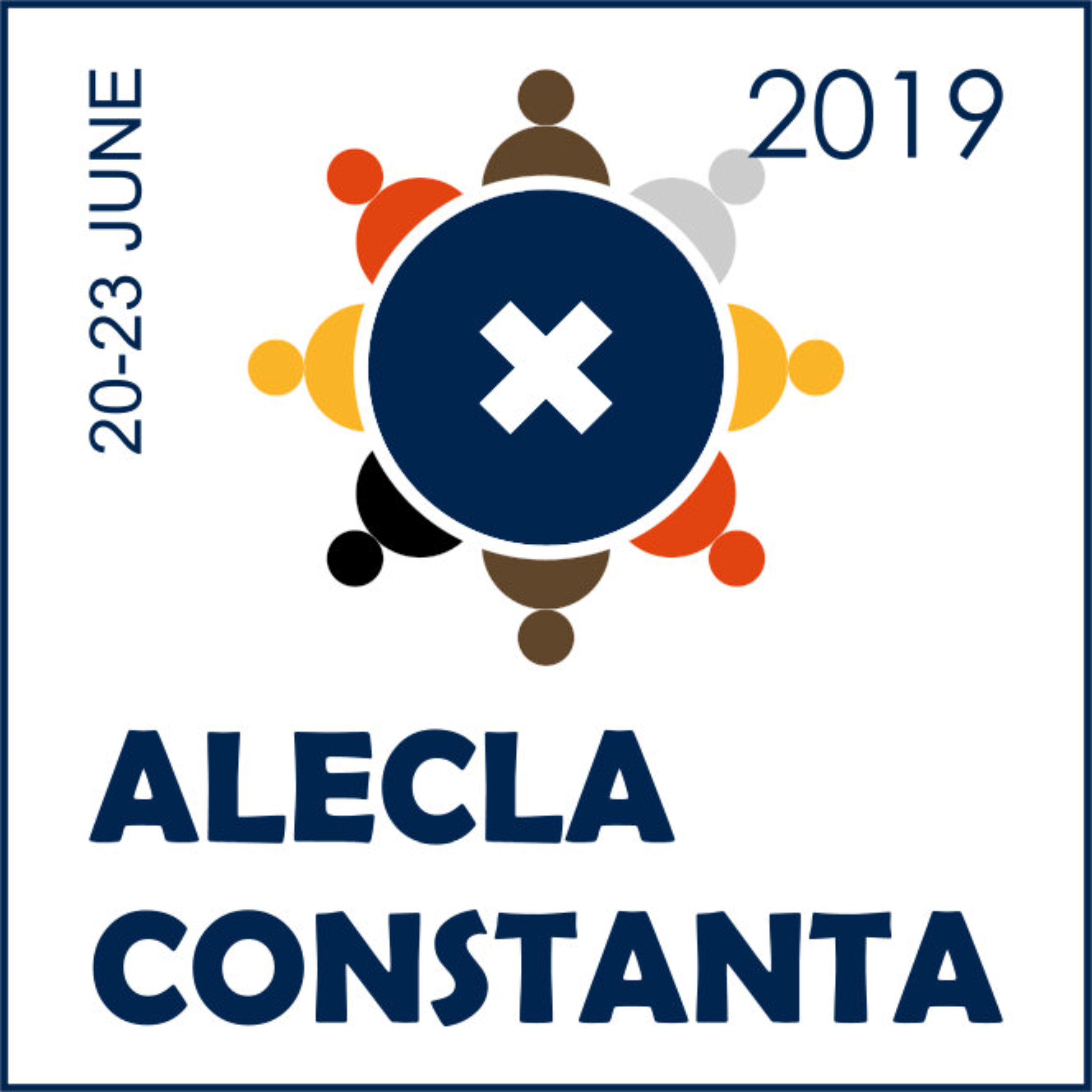
The Annual Lecture on Exile in Comparative Literature and the Arts – ALECLA 2019 (2nd edition)_old
June 27, 2019 9:00 am - June 30, 2019 1:00 pm
Constanta | Constanta County Library Ioan N. Roman
The 2 nd Annual Lecture on Exile in Comparative Literature and the Arts – ALECLA 2019 includes plenary sessions, workshops, round-table discussions, and other events. Much of the program will be self-generated by the seminar organizers and paper submitters, faculty and/or graduate students who will propose seminars and papers via our web pages. ALECLA 2019 will be preceded by Constanta Literature and the Arts Festival – CLAFest 2019 which will take place between June 17 and June 19, 2019 .
Organizer
Anticus Multicultural Association in conjunction with its partners.
The conference will take place between June 20th and June 23rd, 2019 .
Constanta County Library “Ioan N. Roman”
Theme
This year, we are calling for papers that examine any aspect of “Indigenous Languages and Literature.”
The year 2019 is UNESCO’s International Year of Indigenous Languages. In today’s interconnected world, languages play a crucial role in the daily lives of people, as a tool for communication, education, social integration and development and as a source for each person’s unique identity, cultural history, traditions, and memory. Our conference will focus on the critical risks confronting indigenous languages and literature, and their significance for sustainable development, reconciliation, good governance, and peace-building.
Objective
The conference will bring together scholars and opinion leaders from different disciplines and interests, providing an opportunity for the exchange of new ideas, cross-disciplinary exploration, and cross-cultural research. We aim to reaffirm cultural and linguistic continuity and to increase the capacity of all stakeholders to take measures that will support, access and promote indigenous literature and languages in accordance with the legitimate rights of the people who speak them. We intend to generate as much interest and positive change as possible for indigenous languages and literature, and we particularly hope to draw attention to the local intangible cultural heritage of the humanity, the Tatar language, which is the local minority language under threat of disappearance.
Disciplines
Disciplines and perspectives are not limited, we aim to create dialogues exceeding the boundaries of the literary, artistic, and philosophical matrix. We, therefore, encourage adherents of literature, language, anthropology, psychology, history, biology, human geography, film studies, art, computer science, political science, physics, and all other areas of study, to feel welcome in not only attending this conference but also in submitting a seminar proposal or a paper.
While the plenary sessions will be held in English, panels can be held either in English, Romanian or Tatar (or its related Central Asian languages).
Structure
We welcome proposals for (1) entire panels, (2) individual papers and (3) poster presentations.
- Organized panels
The Program Committee approves pre-arranged and open panels. Most papers are grouped into twelve-person panels that meet two hours per day for three days of the lecture to foster extended discussion. Some eight-person (or smaller) seminars meet just the first two days of the conference. Depending on space availability, we may also consider accepting a limited number of one-day seminars, especially if they are innovative either in presentation format or in terms of theme. The only restriction is that no panel may have more than 50% graduate students, and none may have more than two participants from the same institution.
Abstracts of no more than 500 words can be submitted on our webpage at http://www.anticusmulticultural.org/alecla/panel-proposal or sent by e-mail to friends@anticusmulticultural.org . Deadline: 30 September 2018
Papers will be allocated 15-20 minutes plus 5-10 minutes for questions. You can propose your paper to the panel which is the best fit for it or to an open panel.
Abstracts of no more than 300 words can be submitted on our webpage at http://www.anticusmulticultural.org/alecla/panel-proposal or sent by e-mail to friends@anticusmulticultural.org . Deadline: 28 February 2019
- Poster presentations
The conference provides facilities for poster presentations. Posters will be displayed during the works. Depending on the number of submissions accepted, a few poster-presentation sessions are planned as “guided tours.” Posters must present research projects and results and they should meet academic standards in both content and form. The presentation of the poster should not exceed 10 minutes.
Abstracts of no more than 300 words can be submitted on our webpage at http://www.anticusmulticultural.org/alecla/panel-proposal or sent by e-mail to friends@anticusmulticultural.org . Deadline: 28 February 2019
All those invited to present will be informed by 1 March 2019 .
A condition of presentation at the conference is the submission of the final paper to be published in the conference proceedings. Deadline for the submission of the final paper is 31 March 2019 .
